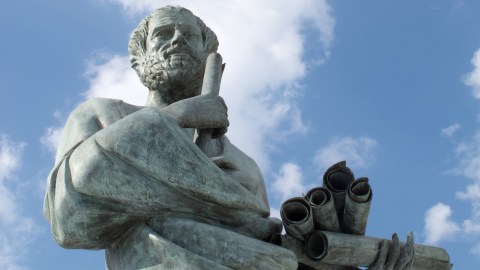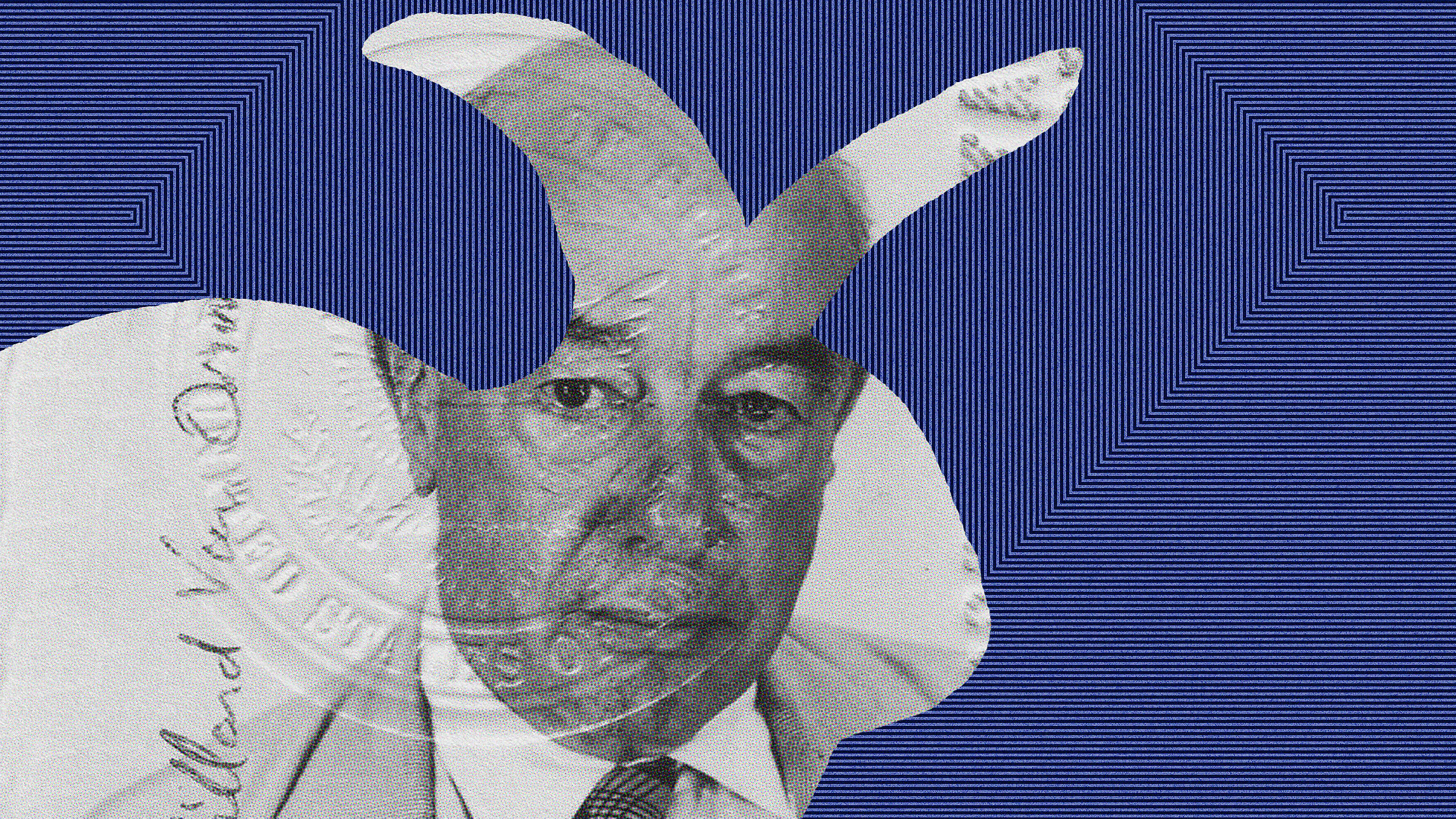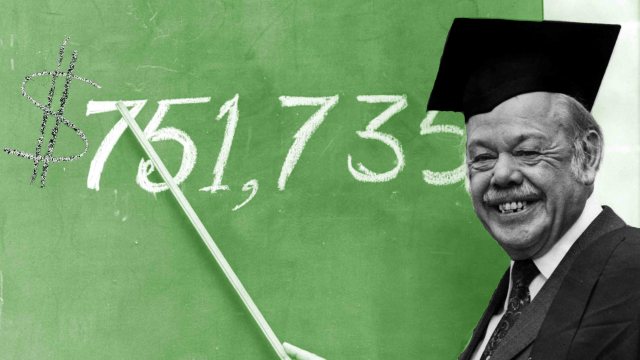4 Tips to Help You Make Better, More Ethical Decisions

A few weeks ago we talked to Dr. Fred Guy, Director of the Hoffberger Center for Professional Ethics and associate professor at the University of Baltimore, who told us about his goal to create a Philosophy Camp for adults and why such an initiative is important.
Adults tend to become lazy with their thinking, backing into moral and ethical wrongdoing without noticing fully what they’re doing. As he says:
“Adults are so busy and focused on so much other than ethical issues that we don’t often stop to think coherently about what our moral principles really are. Or what we think of our own moral character. We just assume we’re good people and let it go at that.”
Guy urges us to revisit and refine our moral code with the help of some good philosophical thinking.
He offers a series of questions that we can use to examine the case we are faced with. He calls it the ABCD Guide to Ethical Decision-Making and it goes like this:
A: Awareness: Are we aware of the ethical issue we’re a part of?
B. Beliefs: What are my moral beliefs? What do I stand for? Most of us know if we give it some serious thought. What we decide and do in a given ethical situation depends on our moral beliefs, principles, values and virtues — or lack thereof. We may ask:
C. Consequences: Use moral imagination to think about consequences for ourselves and others, not only now but into the future as well. It’s the ripple effect. Our actions may indirectly affect others we don’t know.
D. Decision: Given the facts of the case, our own personal ethics, and the consequences that our decision and action will have on others, what is the best thing to do in this case?
Just taking the time to pause and go over these questions when we are making an important decision, can take us out of the default moral mode we live in and, hopefully, out of the trap of just assuming we’re good people, without truly delivering on that assumption.





